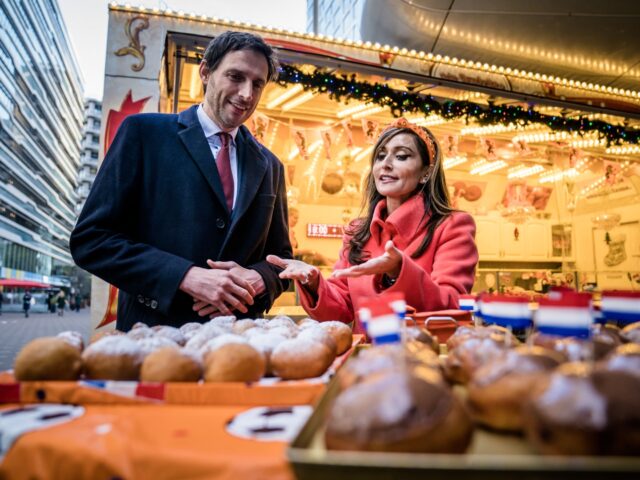A member of the Dutch coalition government has called for its contentious anti-farmer green agenda to be abandoned in light of the historic victory of the Farmer–Citizen Movement in this week’s provincial elections.
Wopke Hoekstra, a top cabinet member in the government of Prime Minister Mark Rutte and the leader of the centre-right Christian Democratic Appeal (CDA) party, which makes up part of the four-party ruling coalition, said on Friday that the globalist green agenda pursued by the government, in particular attempts to drastically reduce the use of nitrogen fertilisers, should be rethought following the surprise victory of the BoerBurgerBeweging (Farmer-CitizenMovement) upstart political party in this week’s provincial elections.
“We can’t move on to the order of the day,” the CDA leader said of the fertiliser policy, although he also said that “the how and what” of what comes in its place will still need to be determined.
On Wednesday, the BBB party shocked the nation as it dominated voting in the provincial elections, which not only determine the composition of local governments but also the makeup of the Dutch senate. The upstart pro-farmer party, which was founded just three years ago, went from having zero representation in the senate to picking up 16 seats, making it the largest single party in the Netherlands.
Prime Minister Mark Rutte, who saw his governing coalition’s four parties fall from 32 seats to 24 in the 75-seat senate, appeared less inclined to allow the elections to derail his globalist agenda to impose European Union-driven regulations that would require the reduction of nitrogen-based fertilisers by 50 per cent by the year 2030, which would threaten the future of thousands of farms in the agricultural hub nation.
“We understand the scream at The Hague,” Rutte said of the local election results, adding: “We won’t be deaf.”
However, the longest-serving Dutch prime minister refused to say whether this would have any impact on the planned legislation.
The issue may threaten the future of the Rutte government, with cracks already appearing in his coalition. His Hoekstra and CDA partners have come out in favour of altering course, while the other key member of his coalition, the left-wing Democrats 66 (D66), have refused to budge — as they believe if the country fails to abide by the EU restrictions the Netherlands would be prohibited from constructing new homes as a punishment and therefore suffer economically.
Complicating matters further, the Farmer-Citizen Movement is set to become the leading power in the Netherlands’ provincial governments, in the very same regions where most of the farms would be impacted by the restrictions. The BBB has already signalled that they would refuse to enact the restrictions where they are in power.
The debate over state-mandated cuts to nitrogen fertilisers has also spread to neighbouring Belgium, with the Flemish coalition government facing cracks over similar attempts in the Dutch-speaking region of Flanders.
Despite the growing resentment of the EU’s Natura 2000 scheme, the bloc has so far been unwilling to back down on its plans, meaning that other countries across Europe could see similar farmer-led protest movements in the coming years.
Follow Kurt Zindulka on Twitter here @KurtZindulka

COMMENTS
Please let us know if you're having issues with commenting.